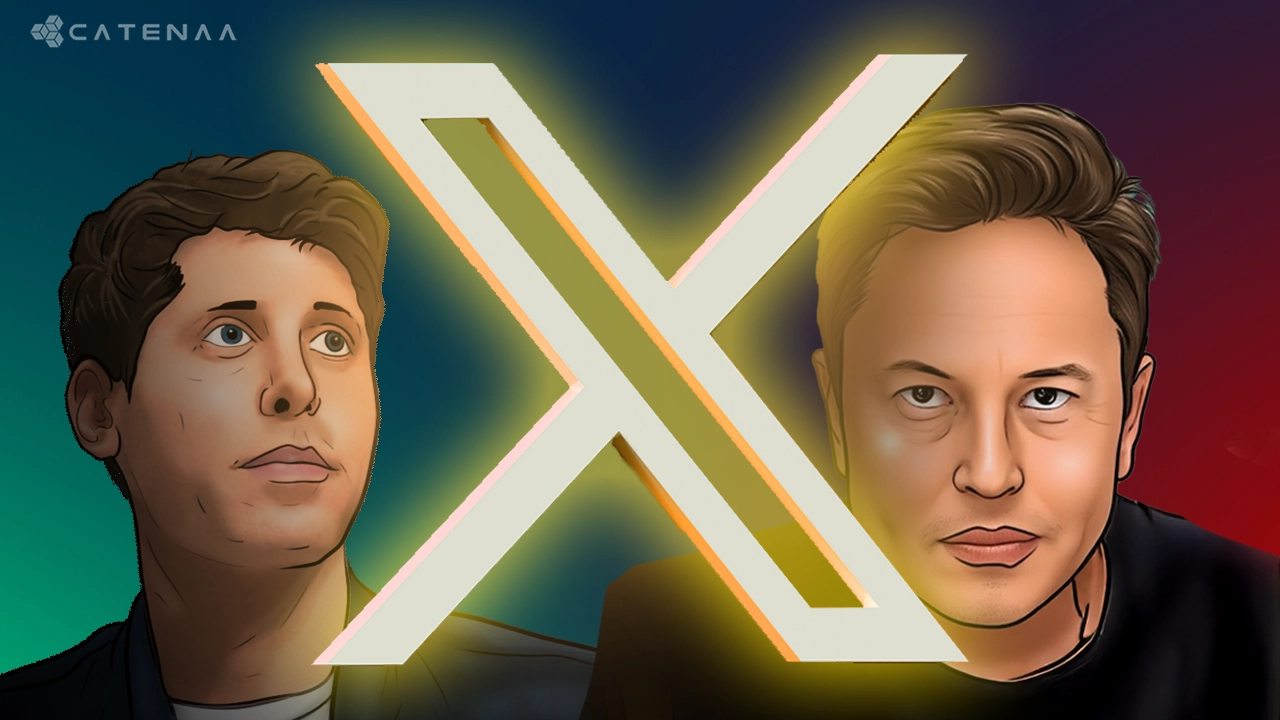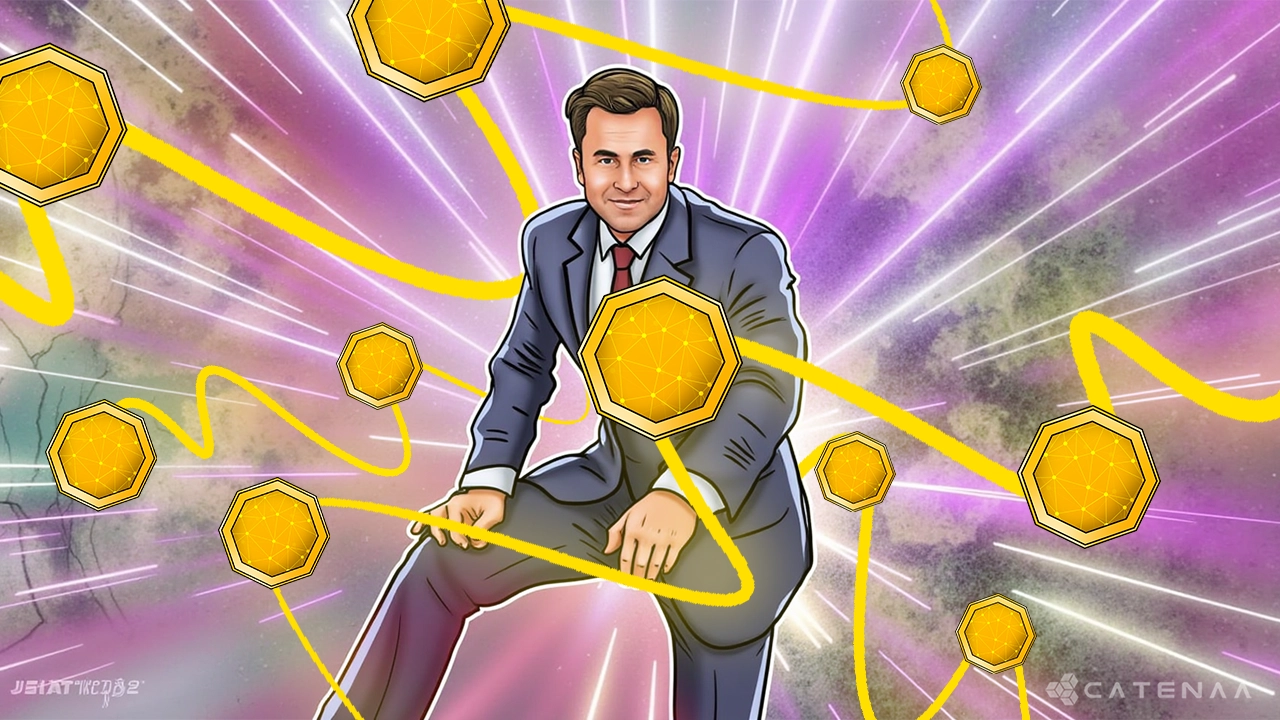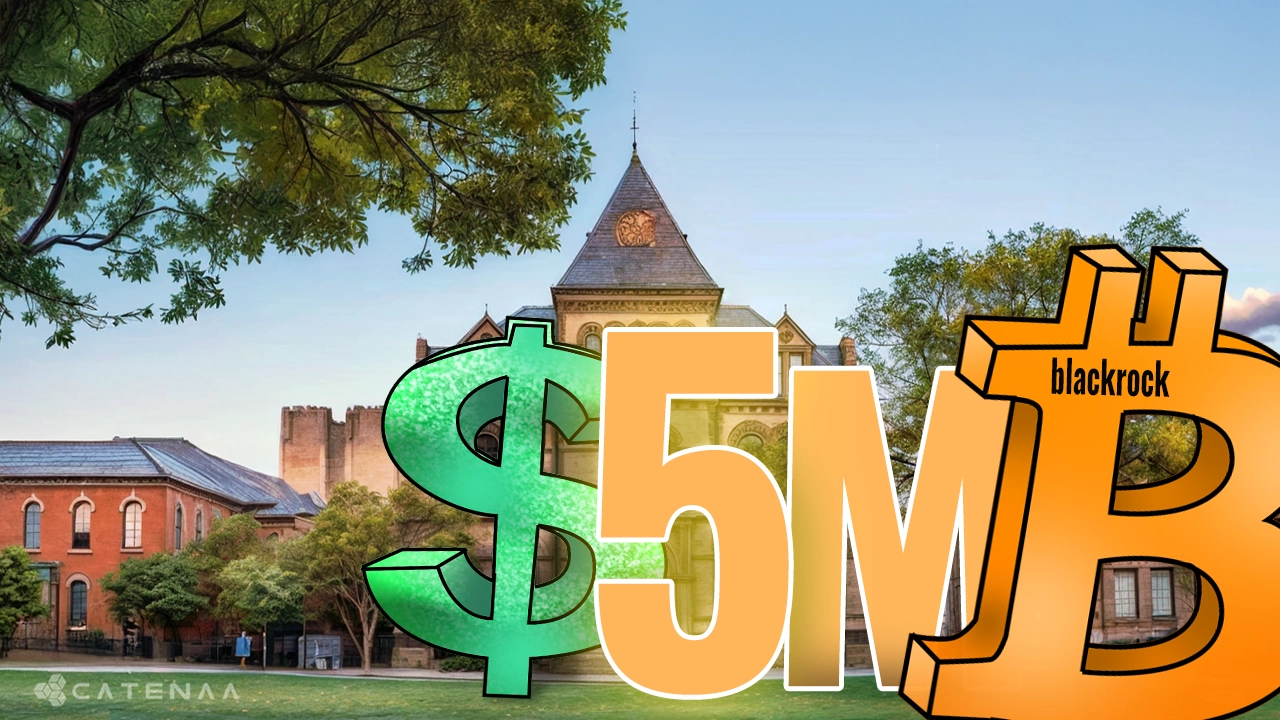Catenaa, Friday, May 09, 2025- A new front in Silicon Valley’s tech wars is opening, as Sam Altman and Elon Musk compete to build the West’s first true “everything app”-a multifunctional digital platform combining social networking, financial tools, messaging, AI, and more.
Altman, chairman of Tools for Humanity and CEO of OpenAI, this week showcased advancements in the World app-an all-in-one platform linked to the biometric cryptocurrency project Worldcoin. The app, now with 26 million users, integrates payments, messaging, digital identity, and AI services.
An “Everything App” combines multiple services—social networking, financial tools, messaging, and AI—into one platform. It aims to streamline users’ digital lives by offering features like payments, identity verification, and communication.
Inspired by China’s WeChat, the app centralizes tasks like chatting, banking, and accessing services.
While offering convenience, critics raise concerns over privacy and the risks of consolidating vast amounts of personal data.
Some estimates claim that more than 12 million users have verified their identity using the controversial iris-scan-based World ID. Altman positioned the app as a solution to authenticate real humans in an AI-saturated internet era.
Tools for Humanity also announced a partnership with Visa to launch a Worldcoin-linked US debit card by summer, offering exclusive AI service rewards and global payment functionality.
Meanwhile, Elon Musk is advancing his vision for an “everything app” through X, the platform formerly known as Twitter. Under his leadership, X is being transformed into a hybrid of financial technology and social media.
In partnership with Visa, X is set to launch the X Money Account in 2025, enabling instant peer-to-peer payments, debit card linkage, and direct banking via Visa Direct.
Musk has said he wants X to manage “someone’s entire financial life,” likening his vision to China’s all-in-one app, WeChat.
At CES 2025, X CEO Linda Yaccarino also said the platform plans to integrate financial and social services into a single, unified interface.
X has aggressively pursued money transmitter licenses across the US, signaling its intent to operate as a full-fledged financial institution.
Visa also restated its support, saying X Money will enable real-time funding and transfers.
The rivalry extends beyond platforms. Altman’s potential integrations between World App and OpenAI’s models could deepen his offering, particularly in AI-native identity verification and trust systems. He argues that robust digital ID will be essential in the age of AGI.
Blania, CEO of Tools for Humanity, directly criticized X’s bot problem, claiming World ID can be a powerful tool to differentiate humans from AI-driven spam and scams. The World app also serves as a mini-app host, wallet, and identity solution-all while Altman hints at an ecosystem where verified humans gain privileged access to AI services.
Despite the clear ambitions, both efforts face steep regulatory and cultural hurdles in Western markets. While Musk draws inspiration from WeChat, the American app ecosystem is more fragmented and privacy-sensitive.
Previous efforts by Meta to build super apps, including Messenger Bots and the failed Libra currency, floundered under regulatory scrutiny and public distrust.
David Marcus, former head of Libra, said regulators “killed” Meta’s plans despite compliance efforts, casting doubt on whether Musk will face a friendlier climate.
A potential second Trump administration may shift this dynamic, but that remains speculative.
Consumer behavior may also prove a barrier. Western users are accustomed to specialized apps, and trust remains a significant obstacle-especially when tying personal finances to controversial or unpredictable tech CEOs.
Still, both Altman and Musk are betting big. Altman’s pitch is trust through verified identity. Musk’s strategy is scale and functionality through integration. Both believe a single app can centralize daily digital life-from chatting with friends to paying bills, and even accessing government services or smart devices.
Each app carries its own risks. Critics warn that consolidating services threatens user privacy. An “everything app” can become a surveillance tool, aggregating vast amounts of personal, behavioral, and financial data.
Nonetheless, the competition between two of the most influential figures in tech could accelerate the West’s move toward super apps. Whether this future is liberating or dystopian remains unclear.


